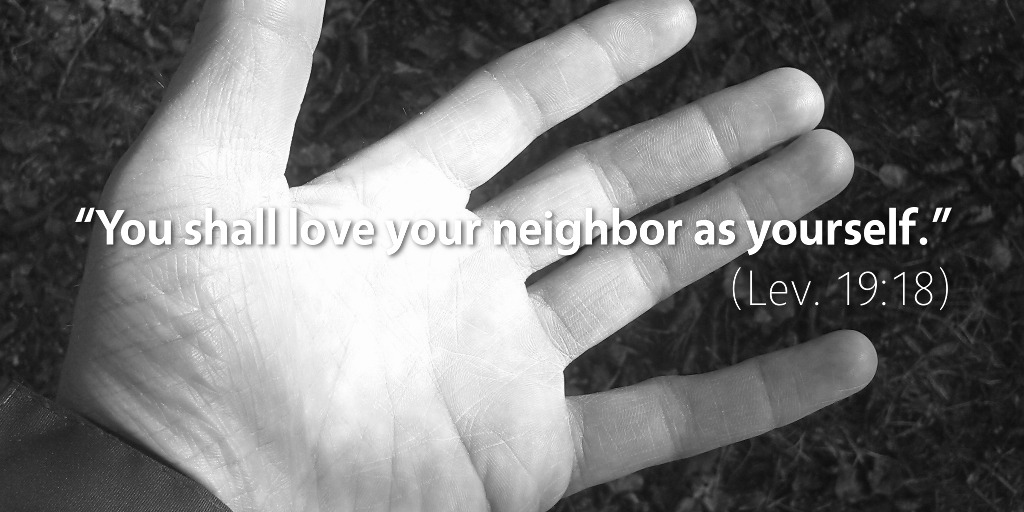Bible Readings for April 15th
Leviticus 19 | Psalms 23–24 | Ecclesiastes 2 | 1 Timothy 4
Sandwiched between two sections of laws in Leviticus 19 that deal with matters of personal holiness (Lev. 19:1–8, 19–37) is a passage in which we find one of the most famous verses in the Bible: “you shall love your neighbor as yourself” (Lev. 19:18). Most of us are more familiar with this verse because Jesus quoted it along with Deuteronomy 6:5 (“You shall love the LORD your God with all your heart and with all your soul and with all your might”) to summarize the entire law (Matt. 22:34–40). Reading this verse in its original context, however, helps us to fill out a clearer picture of what it means to love your neighbor as yourself.
First, Yahweh commands in Leviticus 19:9–10 that his people live generously, requiring them to leave a portion of their fields unharvested so that the poor of the land could glean from the leftovers. Second, in Leviticus 19:11–14, Yahweh prohibits all kinds of dishonesty, including theft, false witness, and the oppression of the poor or people with disabilities. Third, in Leviticus 19:15–16, Yahweh insists upon justice, which meant that Israelites were forbidden from defrauding both the poor and the rich.
But then Yahweh gets to the crux of the issue, insisting that his people not hate their fellow Israelites in their hearts, and even prohibiting the bearing of a grudge (Lev. 19:17–18). Yahweh demanded not only that his people avoid certain, specific actions but also that they cultivate genuine love for their brothers, and it is only at this point that Yahweh finally lays down the summary of all these laws: “you shall love your neighbor as yourself” (Lev. 19:18).
Jesus took the exact same approach to the law in his Sermon on the Mount, by first noting what specific actions the law prohibited and then intensifying those prohibitions by dealing with the thoughts and intentions of the heart. So, after acknowledging that murder violated the law (Matt. 5:21), Jesus intensified that law by teaching that even anger or an angry outburst will put you in danger of the fires of hell (Matt. 5:22). While the law largely dealt with external behavior, we see a glimpse here in Leviticus 19 of how the law pressed beyond our actions to the real, root problem: the sinfulness of our hearts.
But at this point, the law can accomplish nothing further. The law can identify sinful behaviors and can even reach into the depths of our hearts to cast light on the sin that dwells within us, but the law cannot do two things: it cannot permanently atone for our sins and it cannot transform our hearts so that we want to obey God’s law.
For that, God’s people need something greater than the law—we need nothing less than the Redeemer Jesus Christ.
Podcast: Play in new window | Download (5.1MB) | Embed
Subscribe: Apple Podcasts | RSS | More

Scripture quotations are from The Holy Bible, English Standard Version copyright © 2001 by Crossway Bibles, a division of Good News Publishers. Used by permission. All rights reserved.


